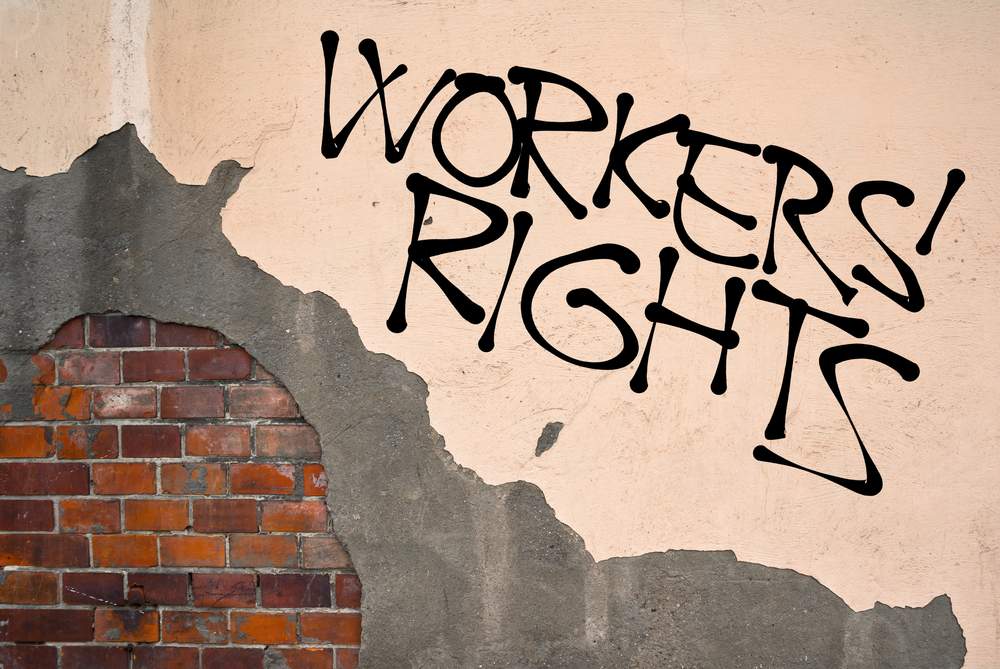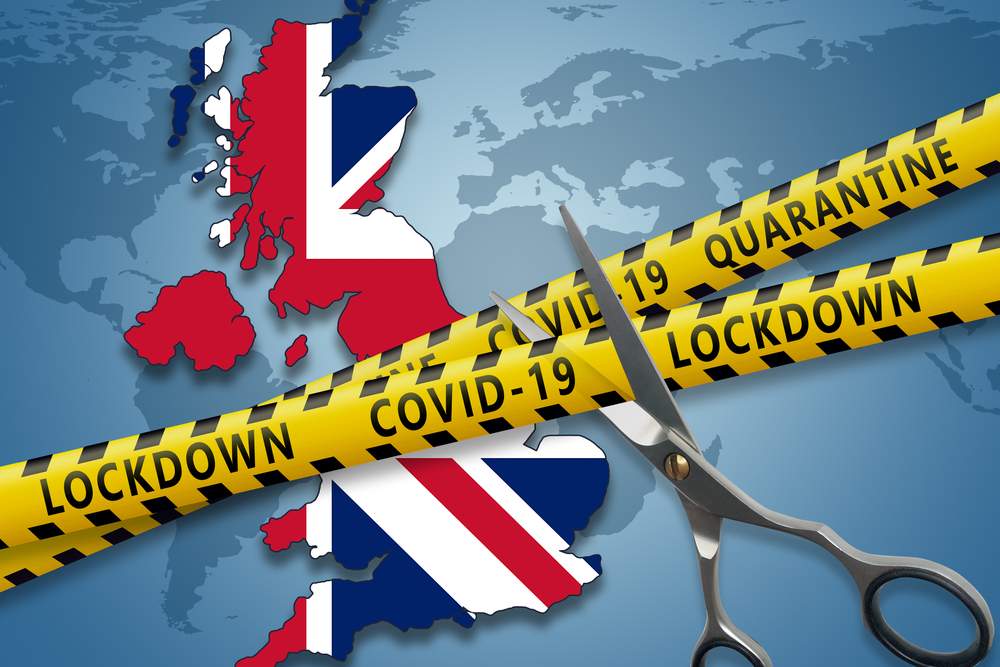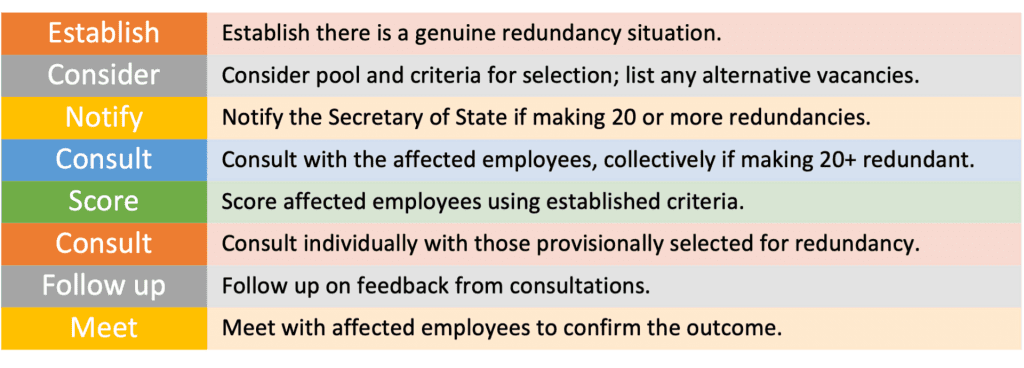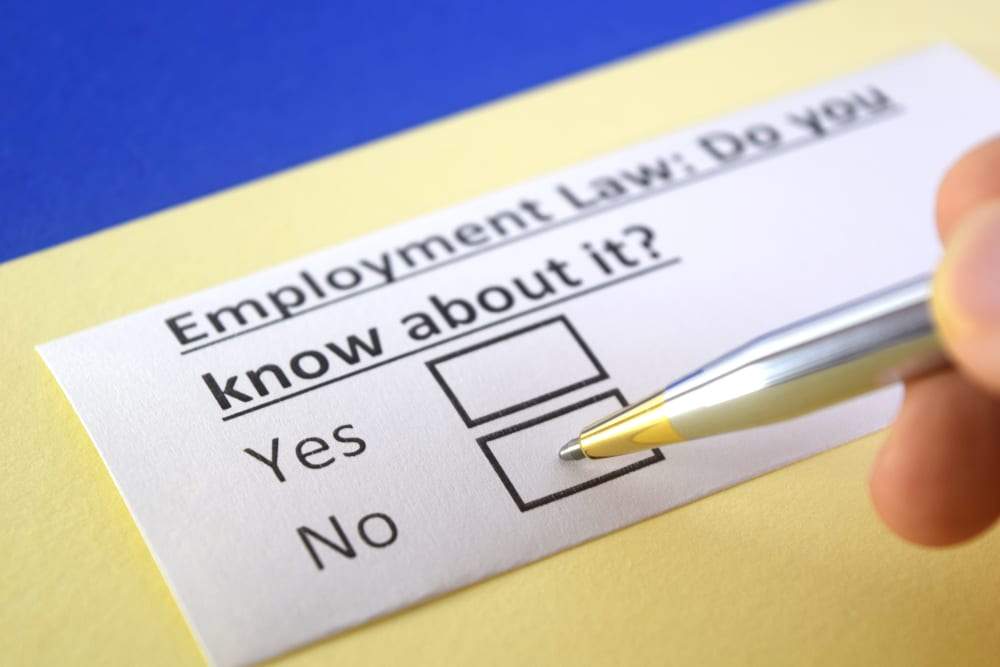Covid-19 has created many challenges but one of the most contentious is the introduction of mandatory vaccines for Care Workers in England and vaccine passports in Scotland.

Scientists have told us that the COVD-19 vaccine is very effective at preventing serious ill health and hospitalisation but that it does not prevent somebody from contracting COVID or transmitting it. Why then has there been a push to introduce compulsory vaccinations and vaccine passports and what is the current position across the UK?
The Current Position on Mandatory Vaccines & Vaccine Passports
In England
On 22 July 2021 the UK Government passed new regulations which will amend the Health and Social Care Act 2008 (Regulated Activities) Regulations 2014 (SI 2014/2936) to require workers deployed in Care Quality Commission (CQC) regulated care homes in England to be fully vaccinated unless they are exempt from 11 November 2021 and the UK Government intends to consult on whether to extend the requirement to workers in the health and social care sectors.
Apart from the new regulations requiring workers in Care Quality Commission (CQC) regulated care homes in England to be fully vaccinated, there is currently no legislative power for the UK government to mandate COVID-19 vaccination across the board and to do so would require further primary legislation.
On 13 September 2021 Health Secretary Sajid Javid confirmed that plans to introduce vaccine passports for access to nightclubs and large events in England will not go ahead.
In Scotland
On 9 September 2021 and with support from the Scottish Greens, the devolved SNP Administration in Scotland approved plans for vaccine passports for those seeking entry to nightclubs and large-scale events from 1 October 2021.
In Wales and Northern Ireland
At this time, the devolved administrations of Wales and Northern Ireland have not set out their positions in respect mandatory vaccines and/or vaccine passports.
Implications of Making COVID-19 Vaccines Compulsory
In its 2019-20 report on seasonal influenza vaccines, Public Health England’s reported that one in four healthcare workers did not get a flu vaccine and there are early indications that roughly the same proportion of people are wary of having COVID-19 jabs, a view that appears to be reflected in a recent YouGov poll which indicated that out of a total of 5,351 adults surveyed, a majority (44%) oppose compulsory vaccination compared with a minority (33%) that support it.
Despite public opinion and the fact there is currently no legislative power to mandate COVID-19 vaccination across the board in Scotland, Wales, Northern Ireland and in England (for Employers outside the care sector), many Employers across the UK are still considering making COVID-19 vaccines compulsory for those entering the workplace. However, those that choose to impose such a requirement may be exposing themselves to several issues, including:
- Mandatory vaccination could be indirectly discriminatory against certain protected characteristics and a breach of Article 8 of the European Convention on Human Rights.
- Vaccination is not suitable for everyone.
- A vaccination requirement may be difficult to justify on health and safety grounds because the current advice is that vaccination is not a substitute for workplace COVID-secure measures which must still be complied with.
- Consultation with workplace and health and safety representatives, and with trade unions, is likely to be required.
- Data protection implications inclusive of requiring employees to provide information on their vaccination status, verifying its accuracy, and retaining that data.
Notwithstanding the potential legal challenges Employers might face by making COVID-19 vaccines compulsory for those entering the workplace, Employers could face division among their workers and an exodus that could leave them short staffed and unable to fill vacancies.
Vaccine hesitancy exists for many reasons. Some people can’t have the vaccine for medical reasons and will likely fall under one of the exemptions, but others may be hesitant or refuse on religious or spiritual grounds or due to a fear of vaccinations generally. Employers considering making COVID-19 vaccines compulsory for those entering the workplace should consider ALL the facts very carefully before pressing ahead.
Acas advises that employers should support staff in getting the vaccine without making it a requirement, and encourage them to do so by, for example, offering paid time off to attend vaccination appointments.
Implications of Mandatory Vaccine Passports
Although the devolved Scottish Administration are alone in introducing vaccine passports for those seeking entry to nightclubs and large-scale events, the UK Government and devolved Administrations of Wales and Northern Ireland haven’t ruled this out, so similar issues to those associated with compulsory vaccines may arise not only Scotland but across the UK.
Some might argue that vaccine passports are an iron fist in a velvet glove approach to imposing mandatory vaccines by stealth and others might argue that such a scheme denies people the freedom of choice by limiting what they can do and where they can go without a vaccine passport but whatever way you look at it, the imposition of vaccine passports will potentially give rise to the same issues mandatory vaccines creates. Other issues which vaccine passports may give rise to include:
- Will staff working at nightclubs and/or venues hosting large-scale events be required to have a vaccine passport? If they aren’t vaccinated, will they be denied work?
- If they are denied work, who will pay them?
- If the employer denies them work and/or pay won’t that be a breach of their contract of employment giving rise to claims for breach of contract, unfair dismissal and/or discrimination?
- If ticket holders at large-scale events are denied access because they don’t have a vaccine passport, will they simply lose out or will they be entitled to a refund?
- Who will pay the refund, the venue or the government? If it’s the venue, will it be entitled to compensation?
- Are vaccine passports and requiring individuals to provide information on their vaccination status to stewards at nightclubs and large-scale events indirectly discriminatory against certain protected characteristics and a breach of Article 8 of the European Convention on Human Rights?
Avoiding a Winter of COVID Discontent
Forcing people to do something, either directly or indirectly, will almost always invoke strong feelings and will often also involve competing rights. For example, an individual’s right to choose verses another individual’s right to be safe in the workplace and the community.
However, when it comes to compulsory vaccines for those entering the workplace and mandatory vaccine passports for those wishing to enter nightclubs and/or large-scale events, whose rights should prevail?
Across the UK uptake of the COVID-19 vaccine has been high with 89% of the over 16’s having had the first does and 80% over 16’s having had the second dose. With booster doses becoming available to the over 50s and for those in the 12 to 15 age bracket as early as next week, we will likely see a sharp increase in voluntary vaccinations across the UK in the weeks ahead that will take us to a vaccination level high enough to keep everyone safe but without the need to push compulsory vaccination and vaccine passports further.
 Advice on Settlement Agreements Employees
Advice on Settlement Agreements Employees Advice on Settlement Agreements Employers
Advice on Settlement Agreements Employers











